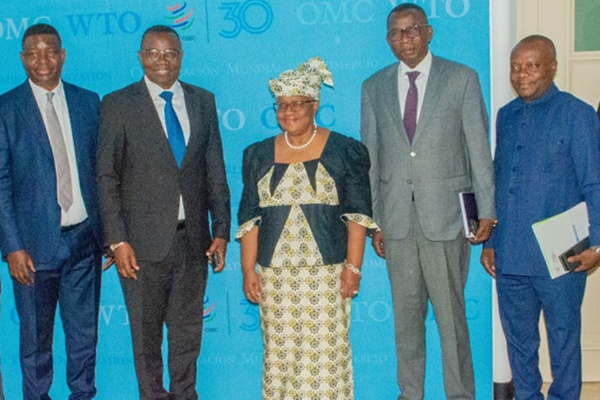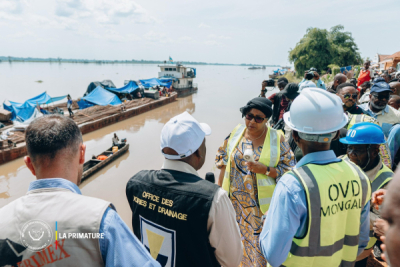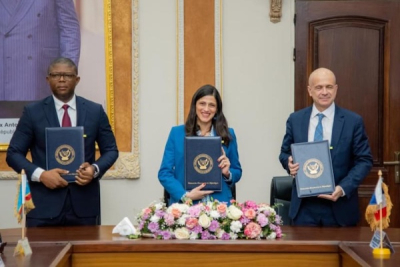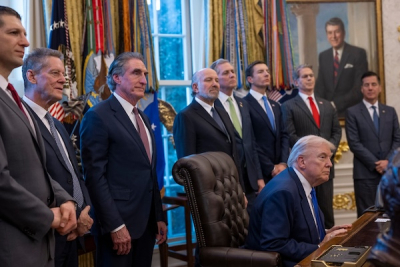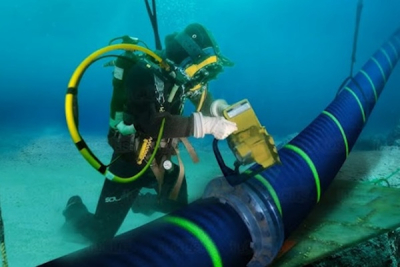During its May 23 Council of Ministers, the Democratic Republic of Congo (DRC) approved the ratification of two pivotal World Trade Organization (WTO) agreements: the Trade Facilitation Agreement (adopted in 2013) and the Fisheries Subsidies Agreement (adopted in 2022). Congolese Foreign Trade Minister, Julien Paluku, officially announced this on X (formerly Twitter).
Minister Paluku underscored the strategic importance of these ratifications for the DRC’s global trade ambitions. He cautioned that failure to ratify “means that the DRC runs the risk of losing credibility with its trading partners.” He added that it would also impede the country’s integration into regional value chains, block access to financing for reforms, and delay the modernization of customs administration. To illustrate the current challenges, Paluku noted: “A recent study showed that to export a container from the DRC to the outside world, it takes 200 hours, compared with less than 50 hours on average in reforming neighboring countries.”
The Trade Facilitation Agreement, in force since 2017, is designed to simplify and digitize customs procedures, cut costs and delays at borders, and foster cooperation between customs authorities—especially those of neighboring countries. The WTO estimates that full implementation could reduce global trade costs by 14.3%, average import times by 47%, and average export times by 91%.
Minister Paluku said he is working with the WTO, the United Nations Conference on Trade and Development (UNCTAD), and the International Trade Centre (ITC) to secure technical assistance and training for customs staff and private sector players, “to give them the keys to better integrate international markets.”
Meanwhile, the Fisheries Subsidies Agreement aims to promote sustainable fishing by restricting public subsidies for vessels engaged in illegal, unregulated, or overexploited fishing activities. The agreement will take effect once ratified by 111 WTO members; currently, 100 have done so. Implementation will require reforms and institutional capacity-building, with a dedicated fund—financed by voluntary contributions—set up to provide technical assistance for developing and least-developed countries.
The DRC, which joined the WTO in 1997, views these ratifications as opportunities to drive structural reform and enhance its competitiveness and attractiveness on the global stage.
This article was initially published in French by Ronsard Luabeya (intern)
Edited in English by Ola Schad Akinocho






